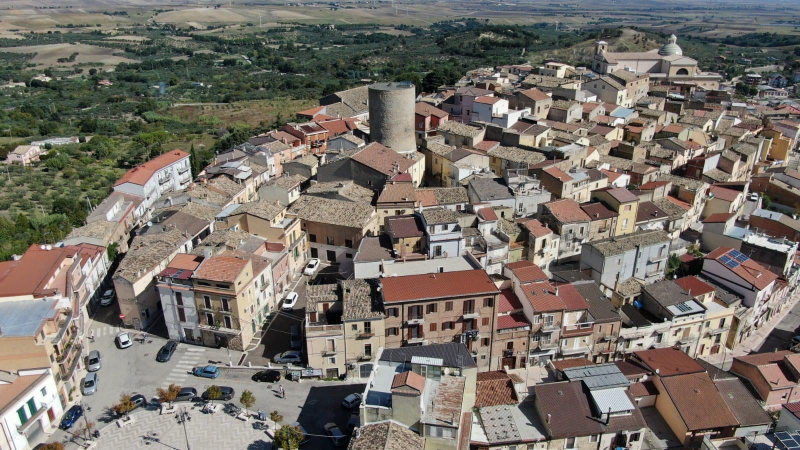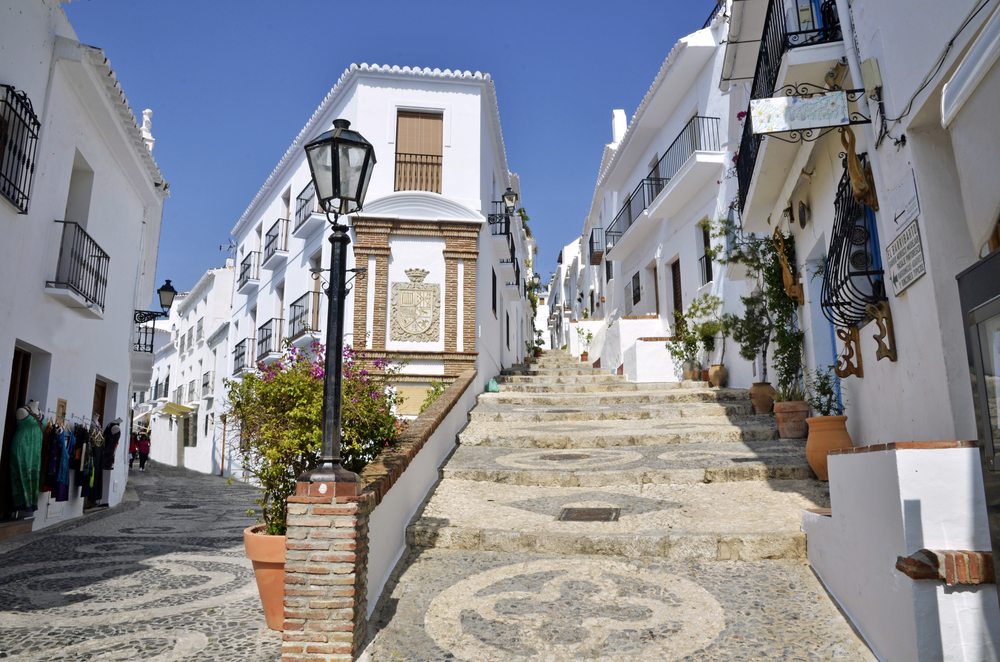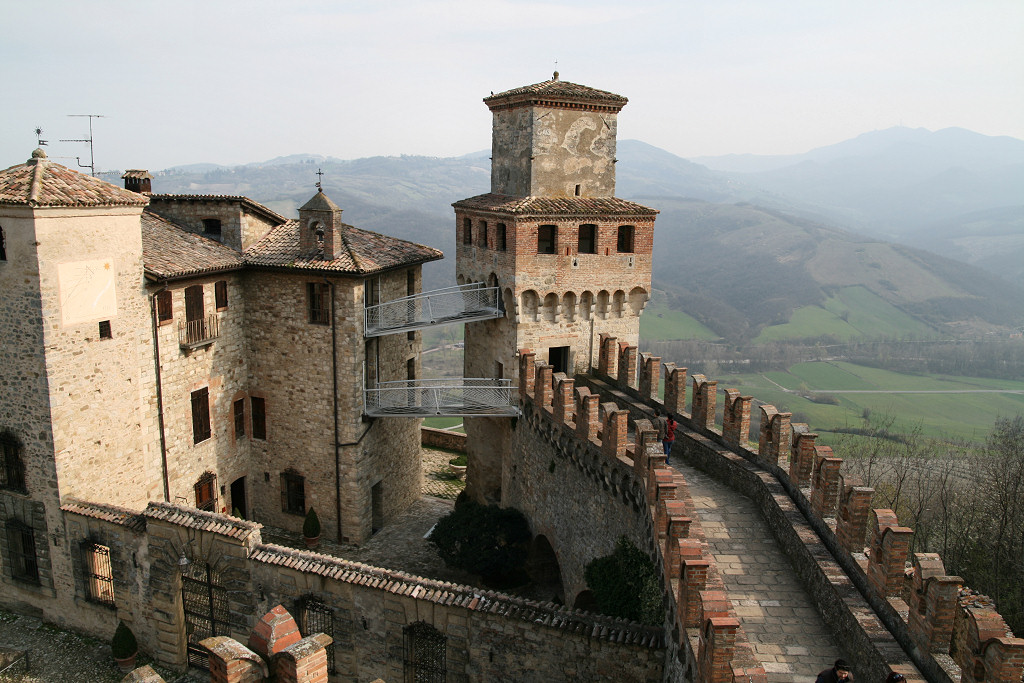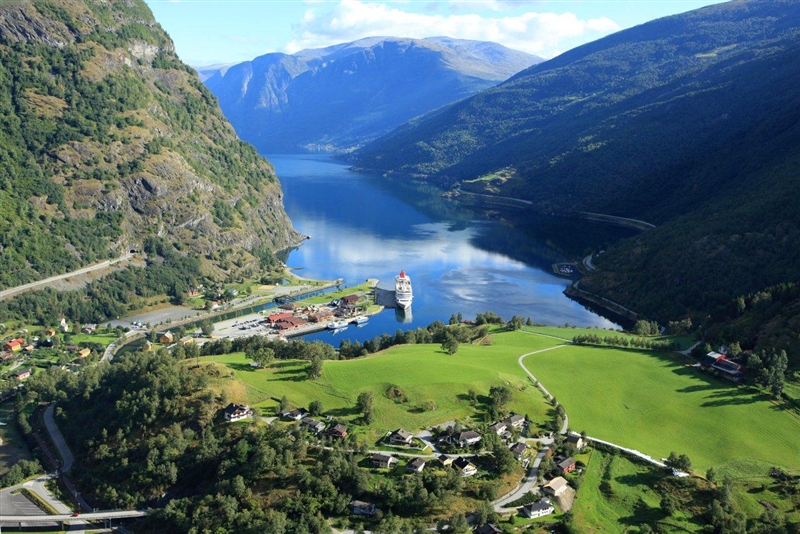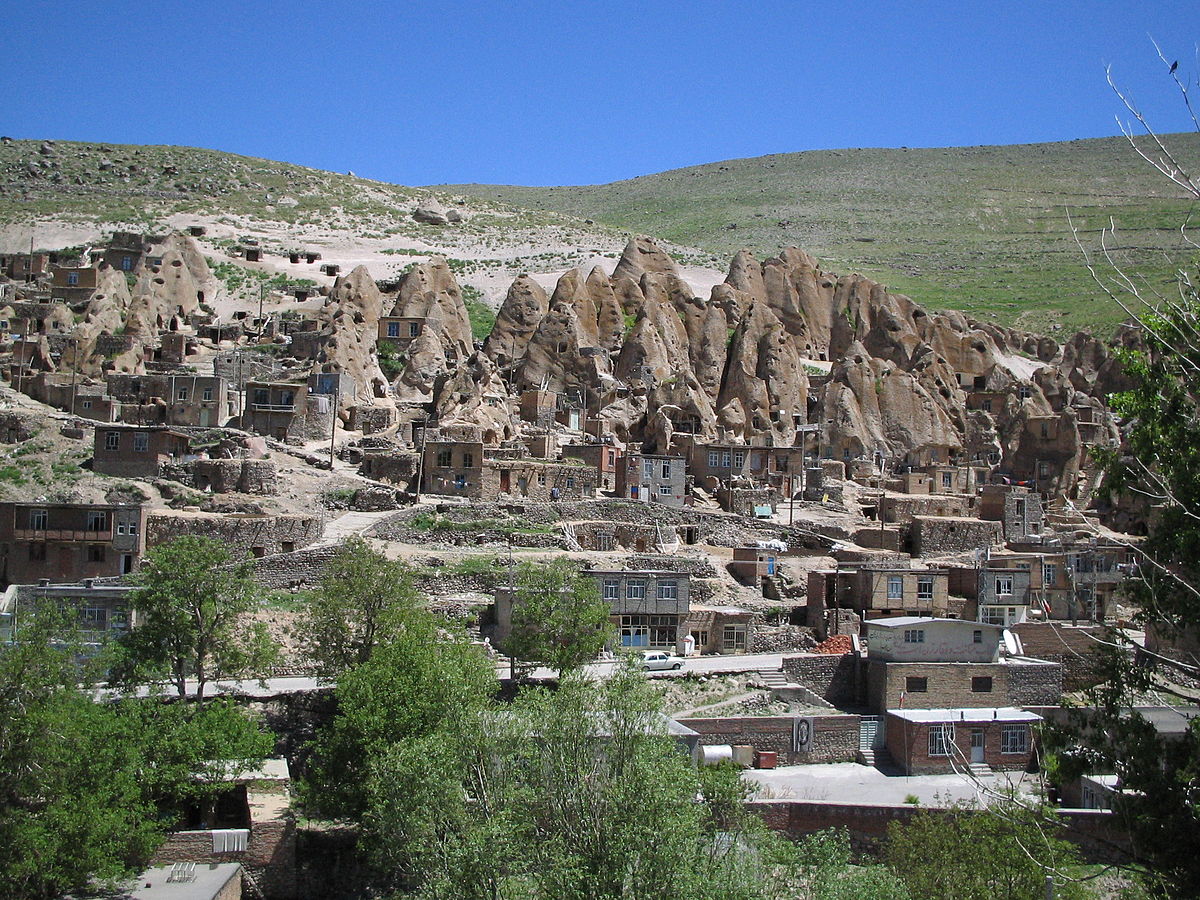Biccari (Vìcchere in dialect foggiano) is an Italian town of 2.757 inhabitants of the province of Foggia in Puglia. It rises on the Subappennino dauno.
In the territory of Biccari it has been discovered the installation neolitico to greater altitude of the Puglia, to beyond 700 m of quota in locality Boschetto, along the bank of the Organo torrent, to little kilometers from the present inhabited center.
The origins of the inhabited nucleus of Biccari are from placing between 1024 and 1054 to work of the Byzantine of the catapano Basilio Bojannes (Bogiano) and of the vicar of Troy, Bisanzio de Alferana. Testimony of that period is the cylindrical tower,
byzantine tower of biccari
Byzantine tower of Biccari
part of a series of military outposts built to better defend the Via Traiana, an important artery for trade and commerce between Irpinia and the Tavoliere.
The name Vicari (Biccari) appeared for the first time in an act of August 1054 with which the widow Sikelgaita donates her possessions to the monastery of San Pietro in Vulgano.
After the victory over the Byzantines at the river Olivento, a Norman officer of the army of Robert Guiscard, a certain Pagan, took possession of Biccari and fortified the primitive nucleus formed in the shadow of the tower, making it become a "fortified city".
The same Pagan favored the birth in Biccari of a new "bishopric", placing as its bishop a priest named Benedict who will be deposed by Pope Alexander II with a bull of 1067. Guglielmo d’Altavilla, nephew of Roberto il Guiscardo, favored the enlargement of the inhabited center towards Porta Pozzi and the enlargement of the territory of Biccari. With Guglielmo de Riccardo, Biccari became a barony of the county of Civitate.
In Swabian age, after the death of Frederick II, the castle was given by Conrad IV to Giovanni Moro, Muslim servant of his father. After the death of Conrad, John went to the side of Innocent IV putting himself against Manfred of Sicily: in a letter dated November 3, 1254, the Pope confirms to Giovanni Moro some possessions, including the castle of Biccari and the castrum of Calatabiano, in exchange for which John had to ensure, if necessary, military aid for the defense of the Kingdom of Sicily.
